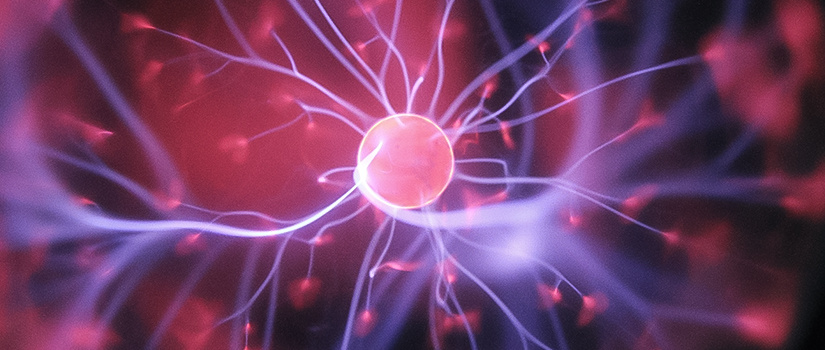To learn more about the CNS program, research areas, and resources, download our Information Guide for Prospective Graduate Students (updated October 2023).
Learn more about our program
Each fall, we offer information sessions in October to learn more about the CNS program. We will post more information about how to RSVP here in August.
Start your research on Day 1
You'll participate in research for publications and scientific meetings beginning your first semester. About 60% of our students have gone on to academic positions, and many others obtain positions in research settings like the National Institutes of Health or independent laboratories.
Interdisciplinary Faculty Collaboration
Our faculty combine data from behavioral, psychophysiological, and brain measures to develop theoretical models of human cognition and behavior. You’ll train using multiple technologies and methodologies to diversify your research experience at facilities including:
Behavioral-Biomedical Interface Program
The Behavioral-Biomedical Interface Program integrates training in multiple laboratories throughout Epidemiology, Exercise Science and Psychology. BBIP trains the next generation of behavioral scientists with respect to biomedical conceptual frameworks and methods applied to understanding, treating and preventing adverse health conditions/disorders and promoting optimal health outcomes. BBIP students are trained in biological sciences, anatomy, and neuroscience in addition to doctoral training.
Faculty: Rose Booze, Steven Harrod, Pete Vento, Charlie Mactutus
High-Performance Research Computing
The Research Computing Center provides the University of South Carolina community with access to high-performance computing systems, remote and collaborative visualization resources, data storage, user services and software packages, assistance with HPC code development, and opportunities for computational research collaborations. These resources allow researchers within the Cognitive and Neural Sciences concentration to conduct machine learning simulations, assess quantitative methodologies and analyze neuroimaging data as well as large sample data sets.
Faculty: Rutvik Desai, Jessica Green, John Richards, Chris Rorden, Svetlana Shinkareva, Jennifer Vendemia
Institute for Mind and Brain
The Institute for Mind and Brain is an integrated research hub for scientists interested in the structural and functional bases of higher cognitive processes in the human brain. The institute has facilities for research involving performance measures, HD-EEG/ERP recording, EMG and Eye-Tracking as well as computer laboratories.
Faculty: Amit Almor, Rutvik Desai, Jessica Green, Caitlin Hudac, John Richards, Chris Rorden, Svetlana Shinkareva, Jennifer Vendemia, Doug Wedell
McCausland Center
The McCausland Center for Brain Imaging houses the Siemens 3-Tesla Magnetic Resonance Imaging System and supports the development and implementation of various MRI-related research paradigms.
Faculty: Amit Almor, Rutvik Desai, Jessica Green, Caitlin Hudac, John Richards, Chris Rorden, Svetlana Shinkareva, Jennifer Vendemia, Doug Wedell
